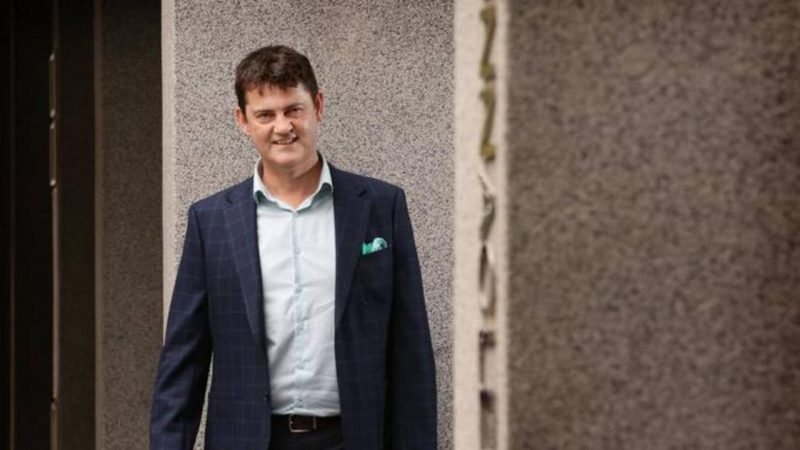- Nyrada (NYR) announces its first-in-human study for cholesterol lowering is expected to begin during the first half of 2023
- NYR pinpointed the main driver of the delay to employees being unable access laboratory sites while the extended lockdowns in Shanghai remained in place
- Despite the setback, the company’s preclinical safety and toxicology studies are still expected to begin in the third quarter of 2022
- Meanwhile, Nyrada has been granted a European patent for its novel compounds inhibiting PCSK9, providing protection for the intellectual property until 16 March, 2038
- Company shares drop 6.67 per cent, trading at 14 cents at 1:20 pm AEST
Nyrada (NYR) has announced its first-in-human study for cholesterol lowering is expected to begin during the first half of 2023.
As a result of scale-up drug manufacturing delays caused by COVID-related lockdowns in Shanghai, the phase one study is now expected to commence next year.
Nyrada pinpointed the main driver of this delay to the inability of employees of the contract manufacturing organisation engaged by Nyrada to access laboratory sites while the extended lockdown remained in place.
Despite the setback, the company’s preclinical safety and toxicology studies are still expected to begin in the third quarter of 2022.
The primary aim of the study is to evaluate Nyrada’s drug candidate for safety and tolerability, while also assessing blood cholesterol levels in cohorts treated for 14 days.
Nyrada CEO, James Bonnar said he was pleased the preclinical studies remain on track to start in Q3 CY2022.
“Nyrada’s clinical candidate oral PCSK9 inhibitor creates the potential for a next generation alternative to expensive and inconvenient PCSK9 injectable drugs and is attracting industry interest,” he said.
Meanwhile, Nyrada has been granted a European patent for its novel compounds inhibiting PCSK9, providing protection for the intellectual property until 16 March, 2038.
Nyrada now holds patent protection for the compounds in both the US and European Union.
Company shares dropped 6.67 per cent, trading at 14 cents at 1:20 pm AEST.

